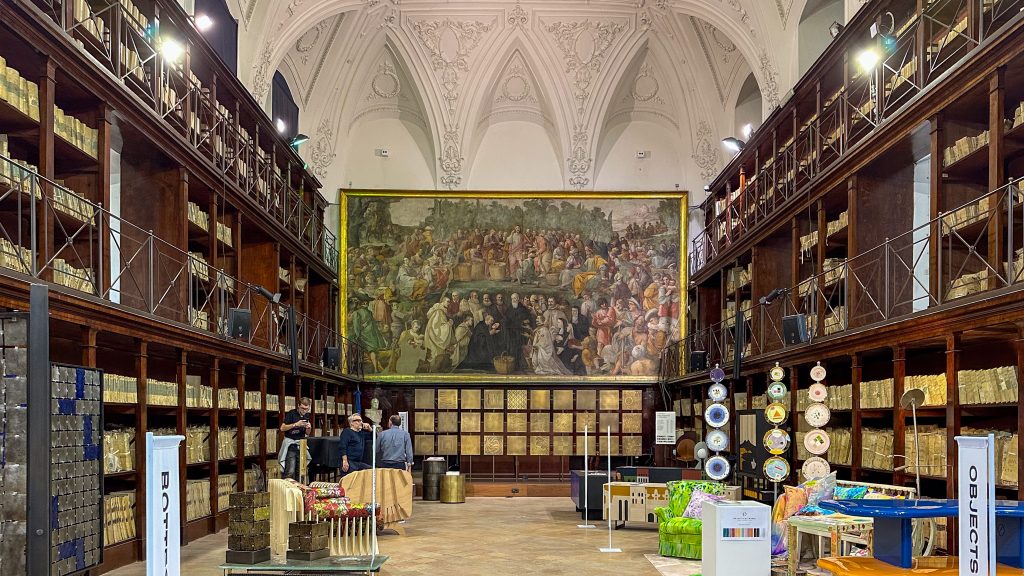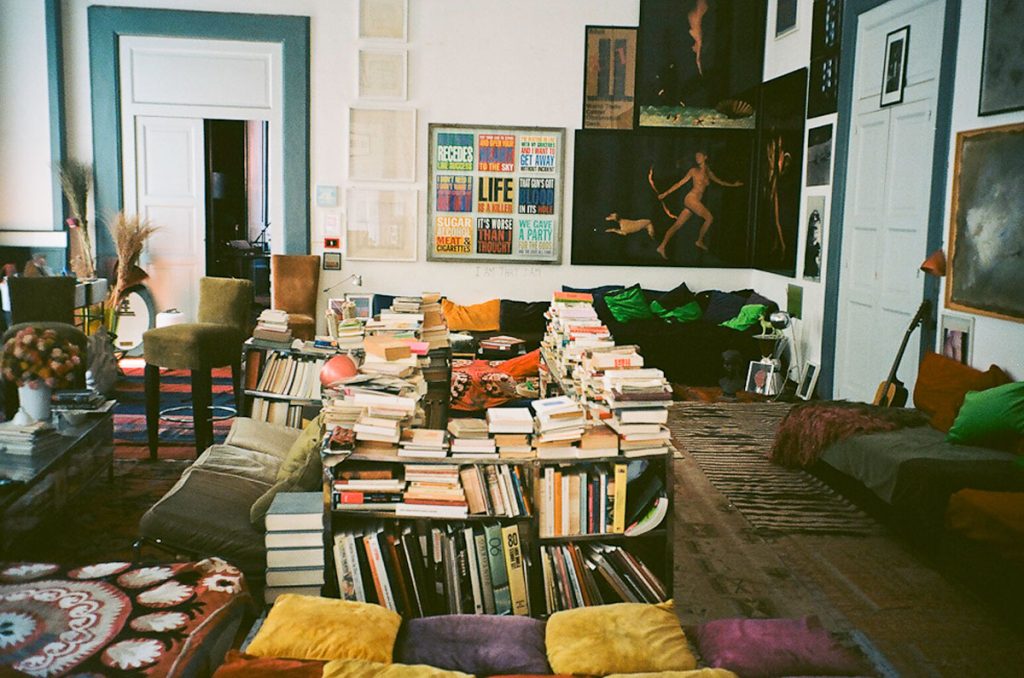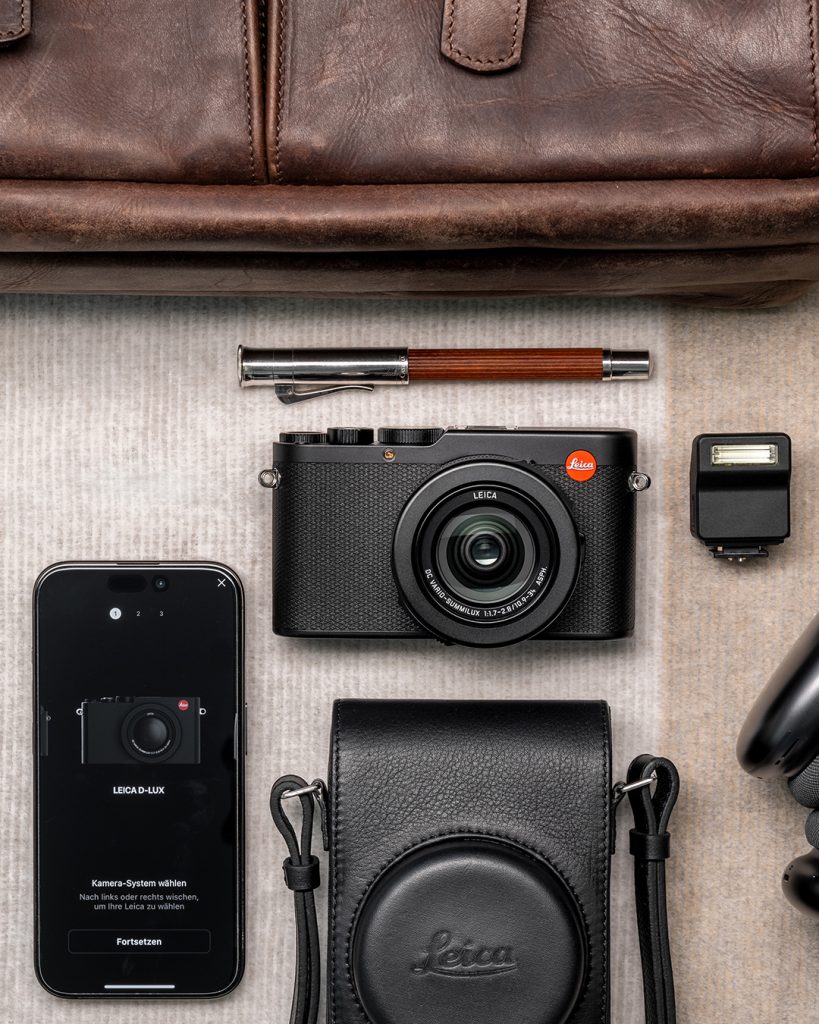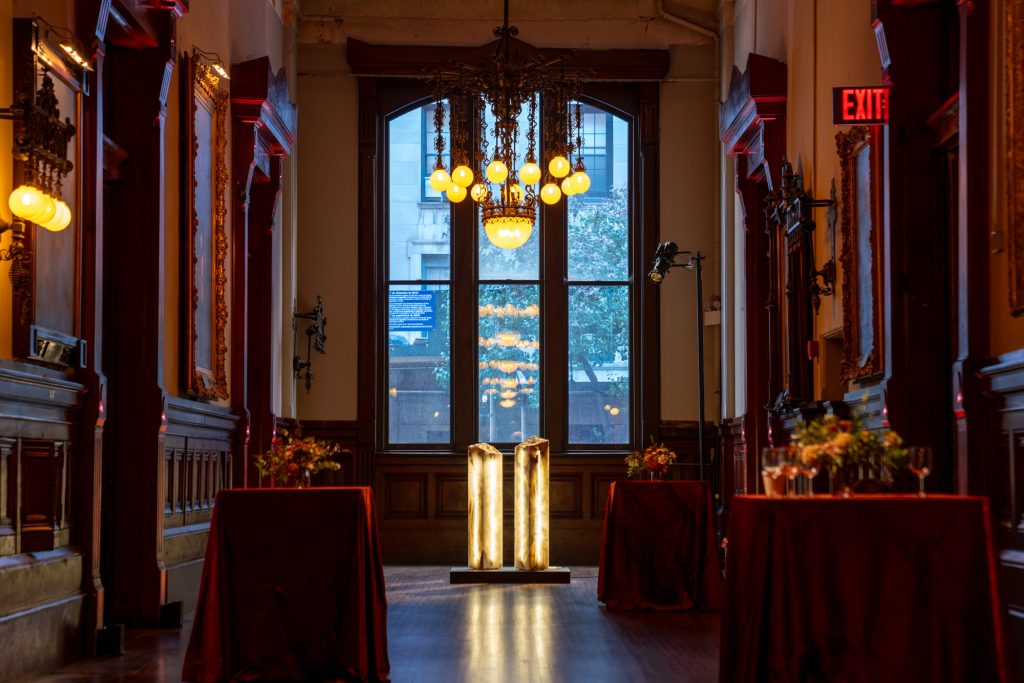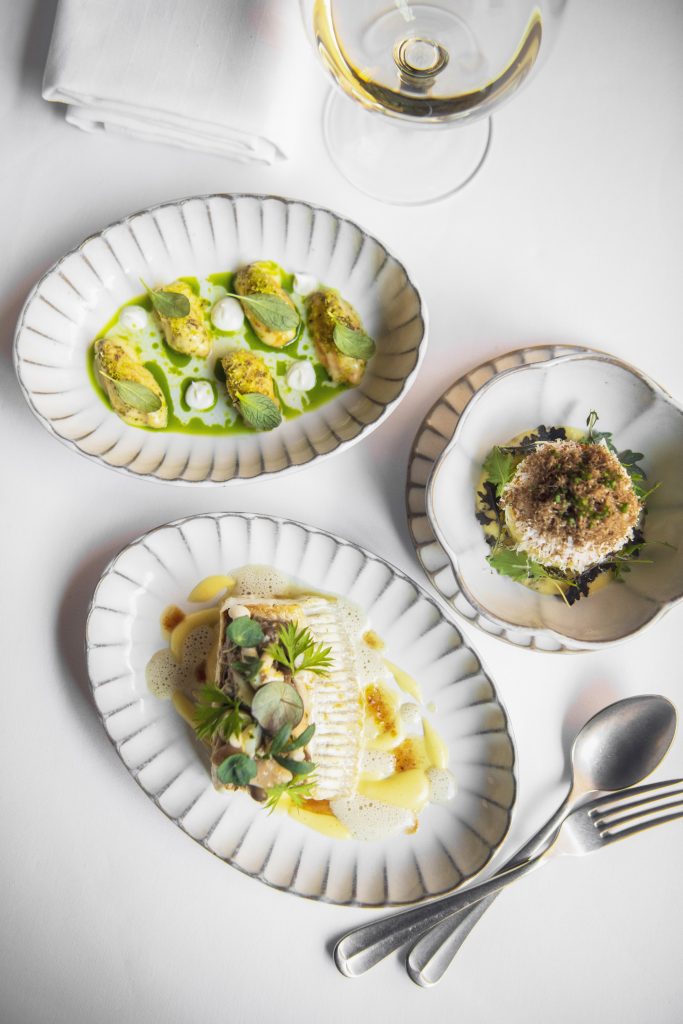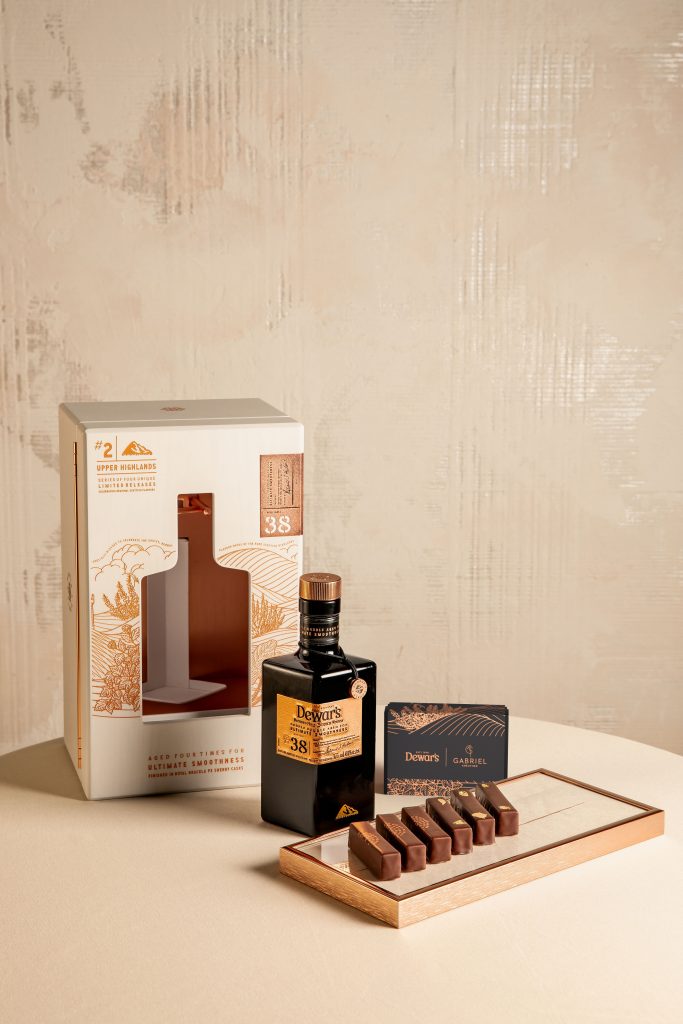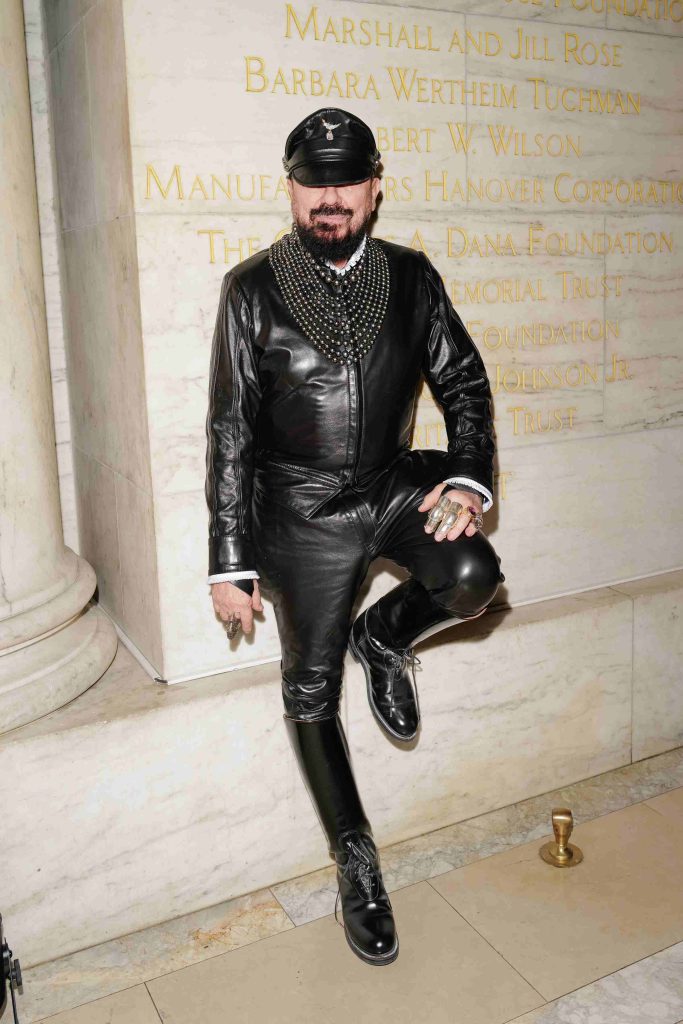Highlights From the Inaugural EDIT Napoli
An exciting contemporary design fair set inside a Gothic-era church and monastery

The inaugural EDIT Napoli design fair differentiates itself through a unique focus on editions. Taking place at the San Domenico Maggiore (an 800-year-old complex of cloisters) in Naples, the event is not a place for prototypes, experiments or art pieces, rather it’s a destination for all types of visitors to acquire completed objects—whether they’re an industry insider or not.
Founder/director Emilia Petruccelli and curator Domitilla Dardi selected more than 60 exhibitors from Italy and abroad. This roster included emerging and younger designers who recently launched their own self-produced items to established producers that showed their first signature collections after years of producing for third parties. “Each object here is unique because of its amount of craftsmanship,” Dardi tells us, “but everything can be reproduced. This is not industrial reproducibility, but artisanal reproducibility.”

Dardi says they asked participants to think about real homes when approaching EDIT, “That’s the reason why we have all sorts of products from carpets to furniture, from tableware to kitchenware.” Among the countless exhibits and products on display, we have selected some highlights from the exciting and inspiring new design fair.
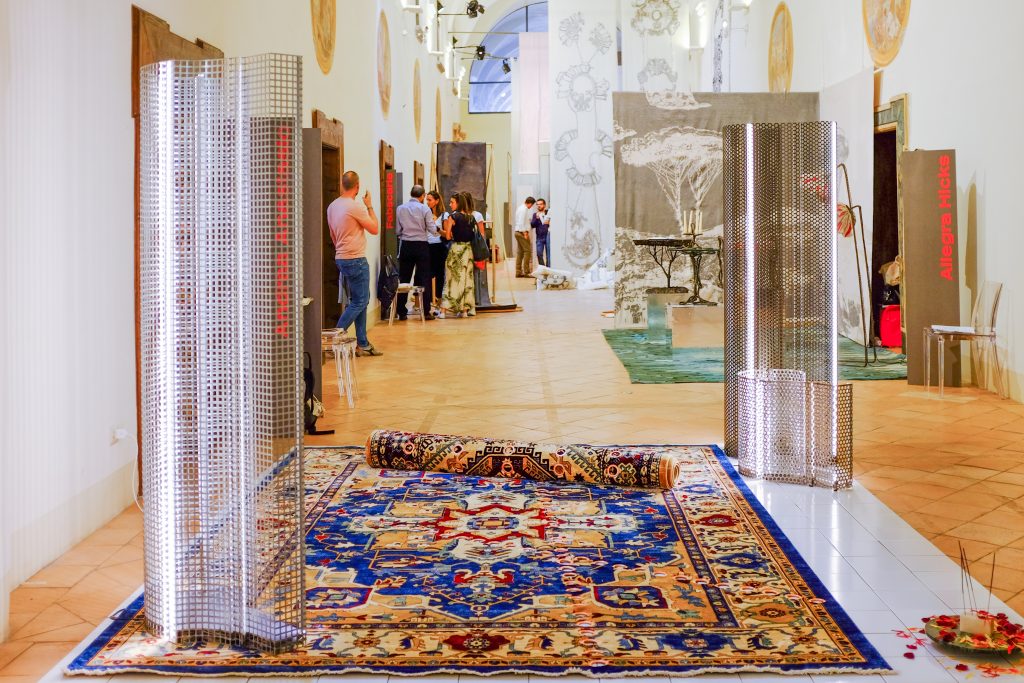
Andrea Anastasio’s Rugs
Designer Andrea Anastasio‘s rugs are made for homes where accidents happen. “I wanted to exorcise the fear of ruining the carpet,” he says. “So I made holes on them.” He sourced Kazakh rugs (made on industrial looms in Turkey) and then intervened—creating rows of holes made using copper rivets. In collaboration with an artisan from Lombardy, Anastasio developed a special technique in order avoid fraying.
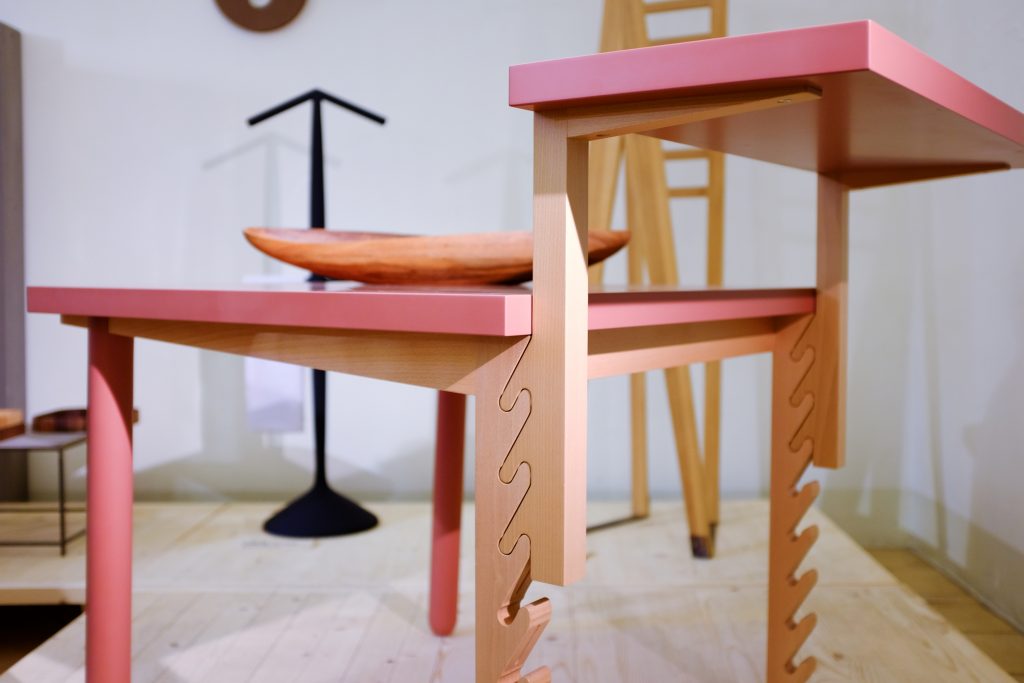
Vincenzo Castellana + Desine’s “Brunch”
Designed by Vincenzo Castellana for Sicilian brand Desine, “Brunch” is a table that—thanks to its knurled rack—can be transformed for almost any occasion. The second surface can be adjusted using this ingenious yet elementary system, and is done so without any need for screws or tools.
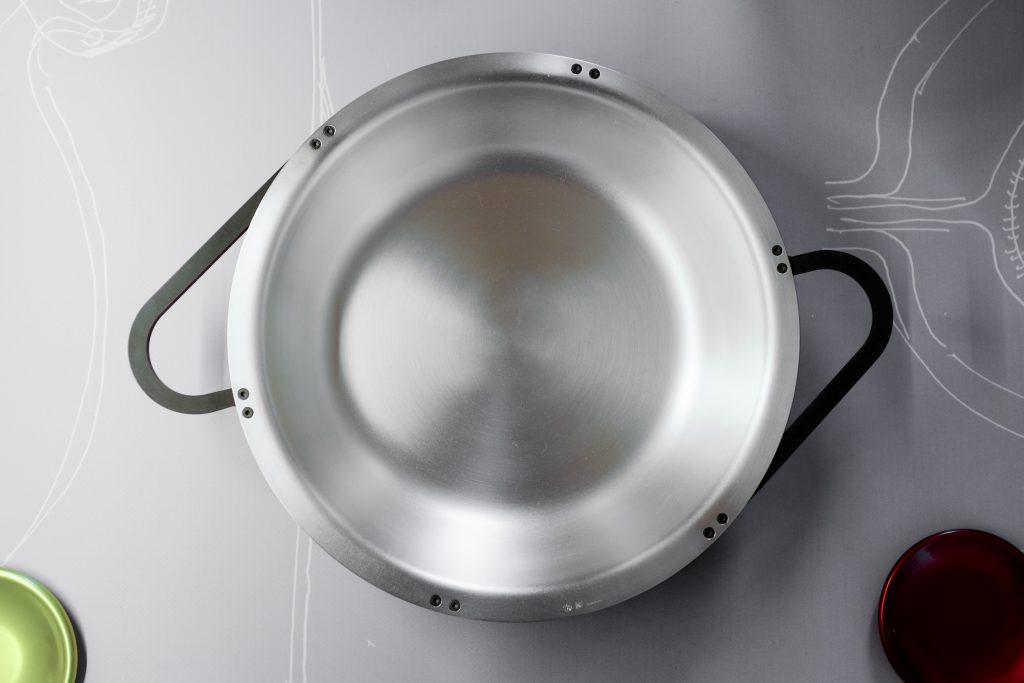
Tobia Scarpa + San Lorenzo’s “Pan 999”
San Lorenzo (founded in 1970) tapped designer Tobia Scarpa for its Pan 999—named for its silver content. Pure silver has a millesimal fineness of 999 (aka 99.9%) and is not only antibacterial, but also a great heat conductor and free from toxic substances—all ideal for cooking. Crafted from iron on the outside and silver on the inside, it’s also a beautiful design piece that’s luxurious while also 100% recyclable and dishwasher-safe.
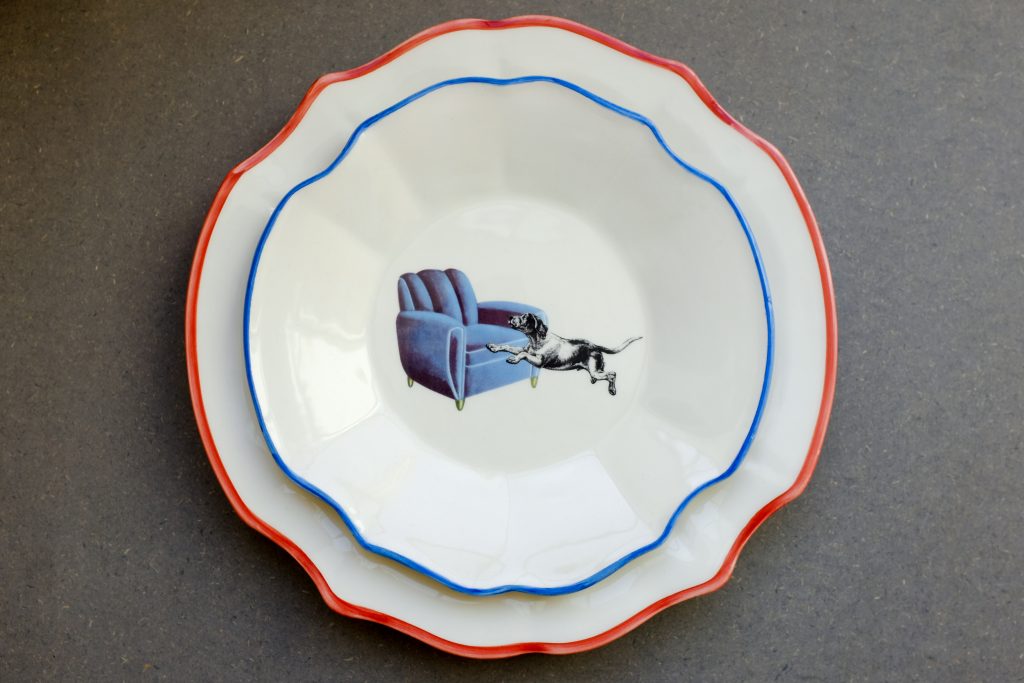
Piatto Unico’s “Sogni”
Emanuela Sala founded Piatto Unico out of the desire to give new life to old designs and products, and thus began her journeys all over Italy in search of traditional yet unusual dish shapes. Her Sogni (or Dreams) collection is a departure from many of the one-off pieces, and features handmade dinner plates that include images of sofas, armchairs and beds—places where we fall asleep and dream.

Sodà + Kiasmo’s “Ant277”
Milanese fabric brand Sodà partnered with Kiasmo for the recently launched Ant277, a project shown for the first time at EDIT Napoli. The collection of pillows and linens is made of super-soft flax, naturally colored and crafted using an eco-friendly process. With unfinished hems, the products offer an appealingly natural aesthetic.

Lithea’s Living Collections
Paying homage to their Mediterranean roots, Lithea uses plenty of marble in their various collections. For their 2019 collection, the brand collaborated with Martinelli Venezia and Elena Salmistraro. The former interpreted classic majolicas in black, using lava stone with different shapes and finishings. While Salmistraro’s colorful touch pays homage to Byzantium and mixes various hues and materials in tridimensional tiles of different shapes.
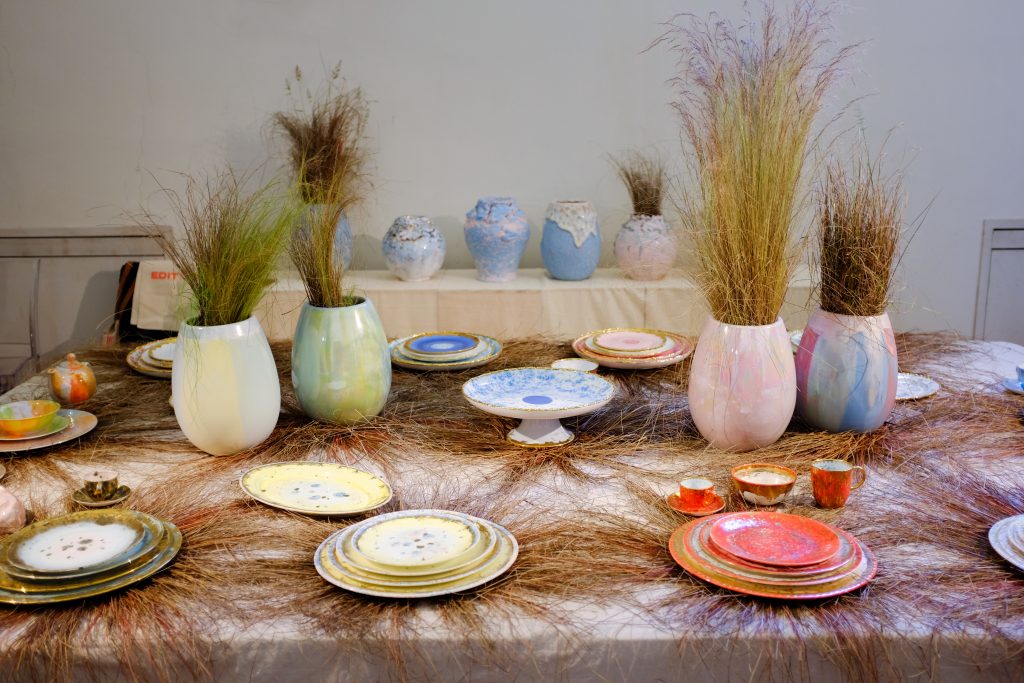
Coralla Maiuri’s Tableware
The origin story of Coralla Maiuri is that of an artist whose focus on painting and video shifted when she discovered a deep love for ceramics. Her tableware (from plates to vases and sugar bowls) are vivid, colored and rich with abstract motifs. The borders of her plates are always different, often uneven, and use gold in a charmingly unusual manner.

Social Label Works
A process, not a brand, Social Label Works is a Dutch movement that uses design and manufacturing to find new ways of helping people to grow their business and create a healthier society. Each object results from research that involves communities, producers and designers. On show at EDIT was everything from books to ceramics, hats, and a safe that does not lock—meant for people who trust each other.
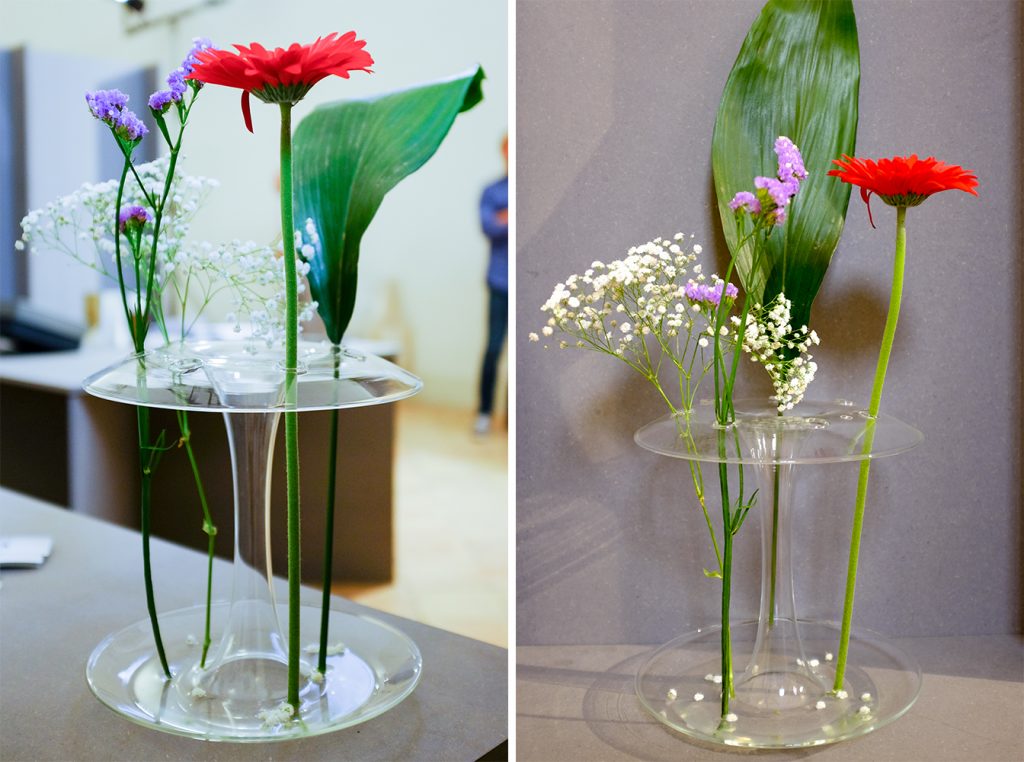
KANZ’s “Aqua”
Venice-based studio KANZ Architetti‘s “AQUA: ikebana for beginners” is a vase—of sorts. The sculptural piece, made from borosilicate glass and handcrafted by Venetian artisans, features holes for stems—resulting in Ikebana-style arrangements. The shape also makes for a unique water system.
The 2020 edition of EDIT Napoli will take place the first weekend of June next year and will again feature a rich program of exhibitions, residencies, talks and more. There’s also an open call for designers, studios, and more online.
Images by Paolo Ferrarini

